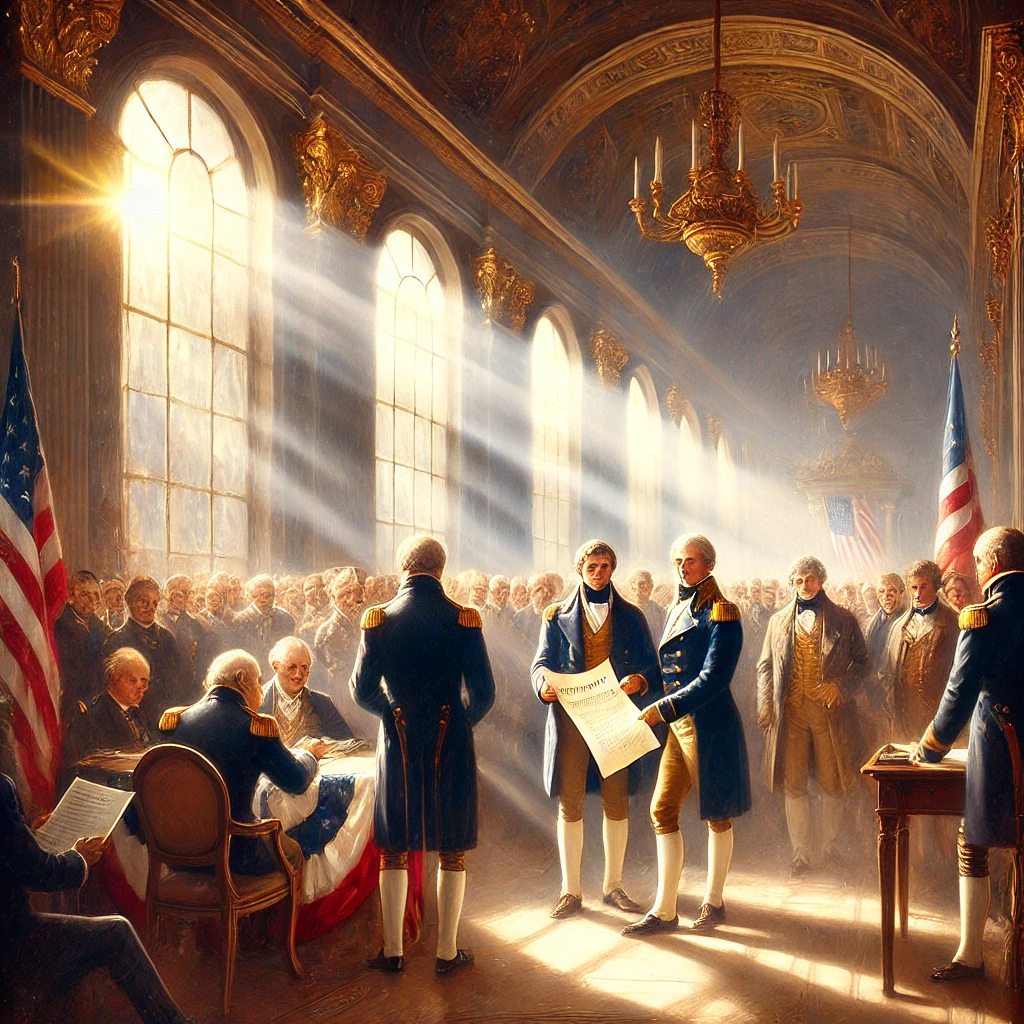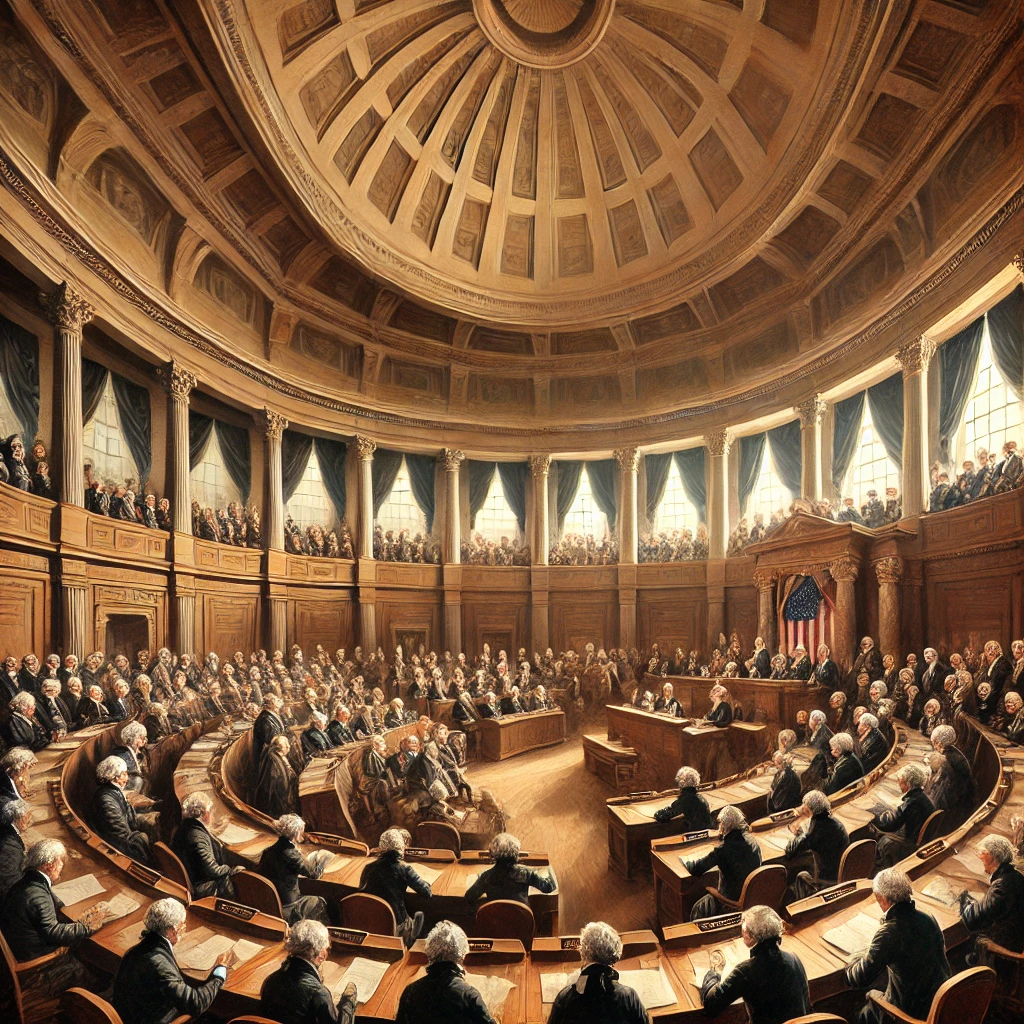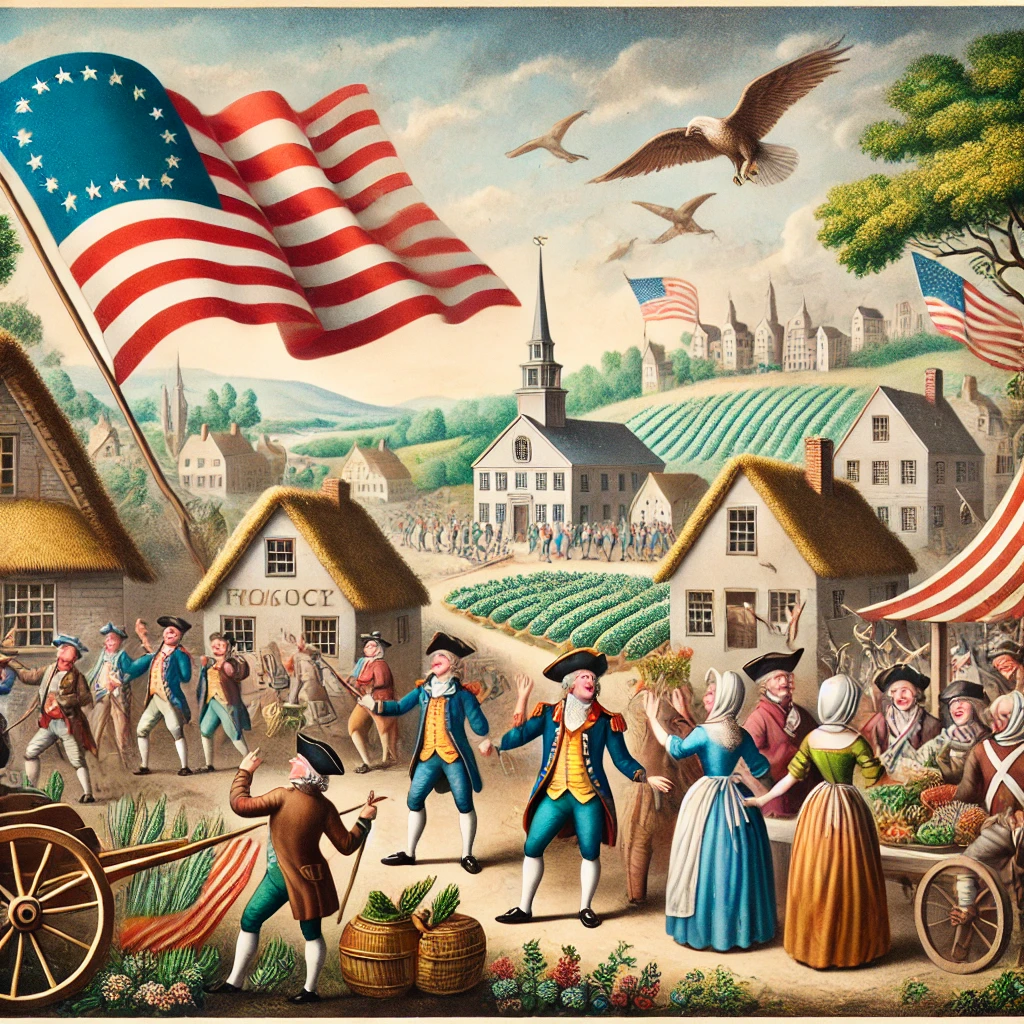On January 14, 1784, the United States officially ratified the Treaty of Paris, a historic moment that brought an end to the Revolutionary War and recognized the nation’s independence from Great Britain. This monumental event not only marked the formal conclusion of years of conflict but also signaled the birth of a new republic founded on the principles of liberty and self-governance. The ratification of the treaty is a cornerstone in American history, representing the culmination of the colonies’ struggle for freedom and their determination to chart their own destiny.

The Path to Peace
The Treaty of Paris was signed on September 3, 1783, by representatives of the United States and Great Britain. Negotiations had been underway for months, involving prominent figures such as Benjamin Franklin, John Jay, and John Adams. The agreement outlined several key terms: Great Britain formally recognized the independence of the United States, established boundaries for the new nation, and provided for the withdrawal of British troops from American soil. The treaty also addressed issues such as fishing rights and the restitution of property to Loyalists.
However, the treaty’s signing was just the first step. According to the Articles of Confederation, the agreement required ratification by Congress to take effect. The process culminated on January 14, 1784, when delegates gathered in Annapolis, Maryland, to affirm the treaty’s terms. This act of ratification not only finalized the peace process but also underscored the United States’ emergence as a sovereign power on the global stage.

The Significance of the Treaty
The ratification of the Treaty of Paris was a turning point in world history. For the United States, it meant the realization of a dream that had seemed improbable just a decade earlier. The treaty secured the nation’s territorial claims, stretching from the Atlantic Ocean to the Mississippi River and from Canada to Florida, laying the groundwork for future expansion. It also allowed the fledgling country to focus on establishing a government, economy, and identity separate from British influence.
For Great Britain, the treaty marked the end of an era. The loss of the American colonies dealt a blow to its global empire, forcing a reevaluation of its strategies and priorities. The conflict and its resolution also inspired movements for independence in other parts of the world, demonstrating that colonial powers could be challenged and defeated.
A Legacy That Endures

The ratification of the Treaty of Paris continues to hold profound significance today. It serves as a reminder of the sacrifices made by those who fought for independence and the resilience of a people determined to forge their own path. The treaty’s terms and the broader principles it represented have influenced international diplomacy and the pursuit of self-determination worldwide.
Moreover, the treaty’s ratification underscores the importance of unity and compromise in achieving shared goals. The diverse interests of the colonies had to be reconciled to secure peace and independence, a lesson that resonates in the context of modern governance and diplomacy.
In commemorating the ratification of the Treaty of Paris, we honor not just the end of the Revolutionary War but also the beginning of a journey that continues to shape the United States and the world. This historic event reminds us of the enduring power of determination, negotiation, and the pursuit of liberty.
